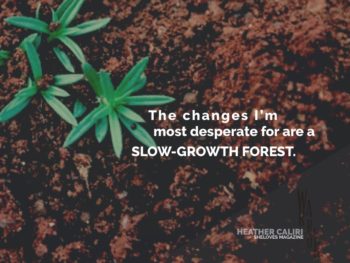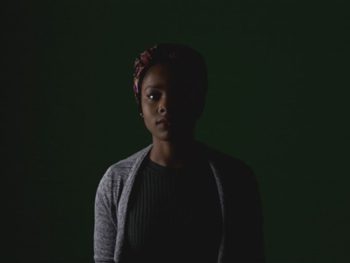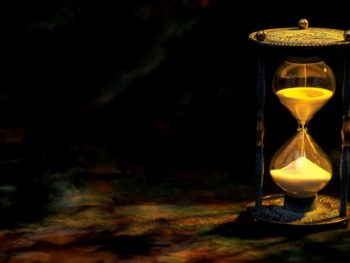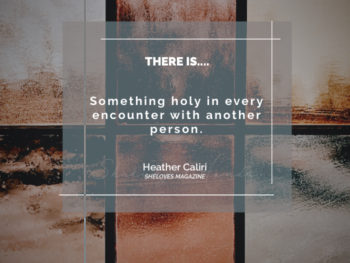
The seed of this project about the Bible was planted by Preston Yancey, who talked about how important he felt reading the Bible regularly was for discussions of theology.
Or something. I am having trouble finding the post. Thanks a lot, Internet. (And Preston, forgive me if I mischaracterize your words…when I read them I was very trigger-y about the Bible, and could easily have read things into them).
I remember him saying something like, “If you don’t read the Bible regularly, I don’t want to hear your opinions about theology.”
After I read his post, I got very short of breath.
A Christian I respect was saying he didn’t respect my opinions if I didn’t read the Bible regularly.
Well, I didn’t. Did I have nothing to contribute to Christian dialogue?
A few days later, Preston published a follow-up to the piece (which I also can’t find), clarifying that in conversation with a friend, he’d realized that for people who have suffered abuse in the church, reading the Bible regularly might be really hard. So that perhaps his original words had not been inclusive enough.
I still felt short of breath, because I had never suffered abuse in the church.
(I thought.)
What’s my excuse? I asked myself. I don’t have any reason to avoid the Bible. What’s wrong with me?
I sat with that question for months, turning it over in my brain. And finally, I started asking it out loud.
Why do some of us struggle to read the Bible? Is that okay? What do you do if the Bible makes you panic? If it infuriates you? Why might the Bible do that to someone? Why did the Bible do that to me?
I had thought I had nothing to ‘excuse’ me from Bible Reading Duty.
But as I thought about what “abuse” means, I bent down and looked harder at my past. I saw that I had been abused, witnessed abuse, been part of abusive systems. I survived the abuse by performing to show that I was acceptable, okay, worthwhile. Reading the Bible “enough” was part of my coping mechanism.
If I read the Bible, the shame and fear and anxiety that the abuse created in me came rushing back.
I thought if I read Scripture often enough, well enough, long enough, I could fix everything. Could manage my pain and grief. Could control what was uncontrollable.
I nearly went crazy trying.
Directly confronting this question is one of the best things that ever happened to me. I’m grateful to Preston and to his friend for the posts that sent me searching for answers. When I looked more closely, I found my past. And right alongside it, I found healing and grace and freedom.
***
I wondered what people who didn’t read the Bible regularly would tell me about their pasts. And a lot of them told stories of abuse.
Dana struggles to read the Bible after her abusive marriage. Joy doesn’t read it at all after sexual abuse from her youth pastor and emotional and verbal abuse from her father, who was also a pastor. Several survivors of bad churches or fundamentalist upbringings wrote with their struggles and flashbacks and baggage.
Abuse is why I think we need to be super-careful when we say everyone should read the Bible.
Many people who have been abused don’t even recognize it as abuse.
Or maybe they do know, and choosing to not read the Bible is a statement of immense faith. They might be saying I don’t need to do anything for God to love me. He is NOT like my abuser. Maybe freedom and healing from abuse looks like contentment with encountering God in other ways.
I suspect I have an insufficient sample size, but a lot of people I know have been affected by spiritual abuse, and they didn’t all go to high school with me. Abuse is the dirty secret that the church doesn’t want to acknowledge—whether it’s taking place inside the sanctuary or behind closed doors in congregants’ homes. There are probably more of us affected than anyone wants to admit.
We need healing, and freedom, and a huge latitude to own our voices and spiritual walks and selves.
We do not need people telling us exactly we should go about becoming whole.
Healing looks different for each person; it’s simply not possible for anyone but God to see that deeply in my heart.
Can I tell you a secret? Much to my surprise, healing looks like a lot less doing, a lot less trying, a lot less of my best effort, and a lot more sitting back with empty hands—empty even of my Bible–confident that God will fill them.














